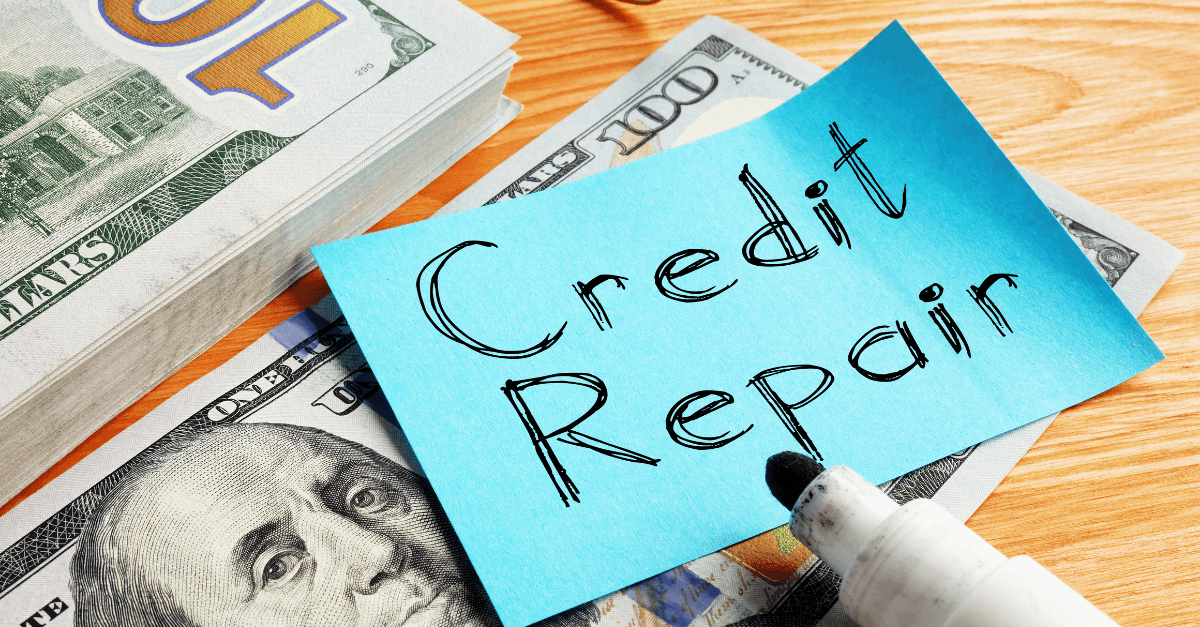If you’ve made some mistakes in managing your finances, you’re not alone. You may have run into an unexpected problem such as a lost job or medical problems, or you may have simply made some errors in judgment that have hurt your credit. The question is what should you do next? For the answer, it’s time for Dovly 101: Let’s Talk Credit Repair.
Knowing Where You Stand
The first step toward repairing your credit is knowing exactly where you stand. Credit decisions that affect you are based on your credit score. Your score is calculated based on information on your credit report from one of the three main credit bureaus, TransUnion, Experian, and Equifax. Consumers are entitled to one free credit report each year, and you can obtain yours at AnnualCreditReport.com.
Make sure the information on your credit report is accurate. If you find any errors, dispute them with the credit bureau that’s reporting the information incorrectly. Also, contact the lender who’s reporting inaccurate information and ask them to remove it.
Developing Better Habits
One of the biggest factors in determining your creditworthiness is your payment history. A single payment made more than 30 days late can have a negative impact on your credit. If you’ve made multiple payments late and are past due on your payments, the most important thing you can work on is catching up. Get each of your open accounts current and get in the habit of making your payments on time.
Some people have harmed their credit by not getting into the routine of making payments on time. If your credit has been hurt from simply forgetting to make one or more payments, you may want to consider having your payments automatically transferred from your checking account each month so you have one less thing to think about.
Credit Card Usage
When you’re having money trouble, it’s tempting to rely on credit cards to help you make ends meet. If you do this too often, you may find yourself with less and less available credit, and you may also find that it’s getting harder to even pay the minimum payments. Your goal as you work to repair your credit is to keep your credit card usage under 30 percent of the available amount.
If you’ve maxed out your credit cards, look into getting a personal loan to consolidate your debt. You can also increase your total available credit by opening a new credit card account but avoid being tempted to use the newly available funds. Keep in mind that having multiple inquiries or opening too many new accounts in a short period of time may be considered a red flag to potential lenders.
Don’t be too quick to close accounts that you’re not using. Closing unused credit lines can reduce your available credit and affect your percent of credit utilization. It can also affect the average age of your accounts.
How Long Does It Take to Repair Your Credit?
When you work to repair your credit and handle borrowed money more responsibly, you’ll gradually improve your credit scores. This process will take some time. The amount of time needed to rebuild your credit depends on how bad your credit problems got and how much time has passed since they happened.
Negative marks on your credit such as past-due payments, accounts in collections, repossessions, account charge-off, or student loan defaults usually remain on your credit report for seven years. Foreclosures and chapter 13 bankruptcies stay on your credit report for seven years, while chapter 7 bankruptcies stay on your credit report for ten years.
Errors on Your Credit Report
Your credit can be affected not only by your credit missteps but also by errors in the information shown on your credit report. When you’re working on repairing your credit, it’s important to have any inaccurate information that’s on one of your credit reports removed. Surprisingly as many as two out of every three people find errors on their credit report. Errors you may find include:
- Accounts that don’t belong to you
- Accounts reported twice
- Missed payments that you made on time
- Closed accounts showing as open
Errors in your personal information can result in someone else’s outstanding accounts appearing on your credit report. Negative marks on your credit that are too old to be included should be removed. If you find errors on your credit report involving your accounts or your personal information, dispute them right away.
Need Help Disputing Errors?
If you want to make the process of disputing errors as easy as possible, let Dovly’s AI credit engine help. Dovly works 24/7 to track, manage and help you fix your credit. We start by taking a soft pull of your credit report, and you let us know what items need to be disputed with the credit bureau. You can sit back and relax while we repair your credit for free. Contact Dovly today and try it risk-free with our free membership tier.



